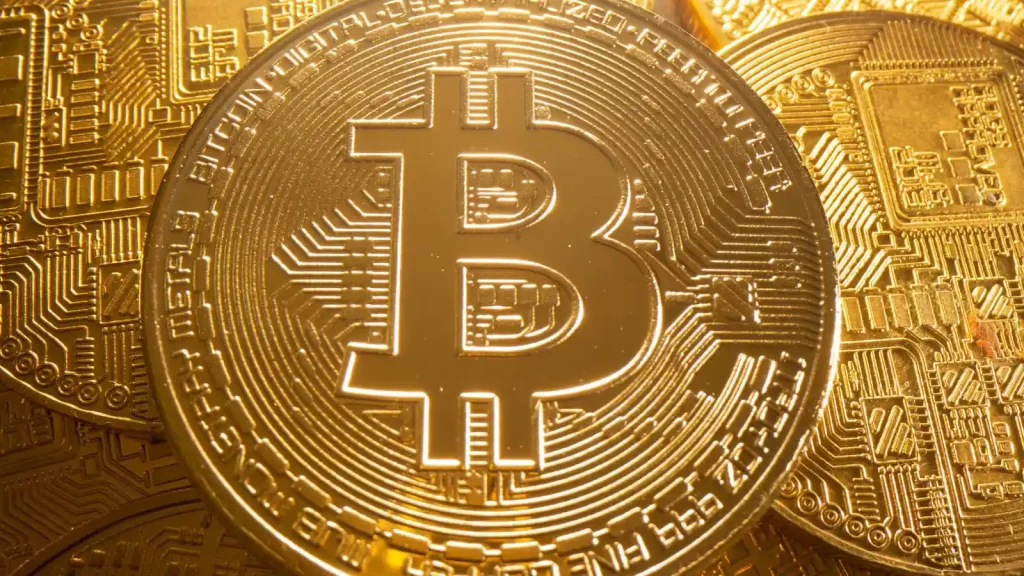Blockchain technology has emerged as a powerful tool for driving economic transformation in developing regions, enabling innovative startups to create new opportunities and reshape industries. These startups are harnessing the decentralized nature of blockchain to provide transparent, secure, and efficient solutions to some of the most pressing challenges faced by emerging economies. By leveraging smart contracts, decentralized applications, and tokenization, these innovators are building platforms that enable financial inclusion, boost supply chain transparency, and enhance access to markets. In many developing regions, traditional financial systems can be inaccessible or unreliable, particularly for the unbanked population. Innovative blockchain startups are bridging this gap by creating decentralized financial systems DeFi that provide individuals with access to banking services, credit, and savings opportunities. Through peer-to-peer lending platforms and digital wallets, these startups are enabling microfinance and personal transactions without the need for intermediaries, allowing people in rural areas or informal economies to participate fully in the global economy.

This access to financial services is not just transforming livelihoods but is also helping to reduce poverty and increase economic mobility. Supply chain management is another area where blockchain technology is making a significant impact in developing economies. Many supply chains in these regions are opaque, often involving multiple intermediaries and lack of traceability, which can lead to issues like fraud, counterfeiting, and inefficiencies. Blockchain startups are tackling these challenges by providing transparent and tamper-proof records of transactions and product movements. Through the use of blockchain, goods can be tracked from the source to the end consumer, ensuring quality, authenticity, and fair trade practices. This level of transparency is crucial in preventing corruption and enhancing the reliability of supply chains, which in turn supports fairer prices and better quality for consumers. In addition to financial inclusion and supply chain transparency, blockchain technology is also enabling new market opportunities for entrepreneurs in developing regions.
Tokenization, the process of converting assets into digital tokens on a blockchain, allows for fractional ownership and more accessible investment opportunities. This is particularly beneficial for small-scale farmers, artists, and artisans, who can now sell their products or services to a global audience. Blockchain-based marketplaces provide a platform where these entrepreneurs can directly connect with customers, bypassing middlemen and reducing costs. This democratization of access to markets not only provides income opportunities but also stimulates economic growth and innovation in local economies. Furthermore in Cardano News, the transparency and security offered by blockchain technology are helping to combat corruption and improve governance in developing regions. By creating immutable records of transactions and contracts, blockchain startups are providing governments and organizations with tools to monitor and verify public spending, elections, and compliance with regulations. This enhanced accountability can reduce the opportunities for fraud and mismanagement, thereby promoting more effective and efficient use of resources. It also empowers citizens by providing them with tools to track and audit public transactions, fostering trust in government institutions.
